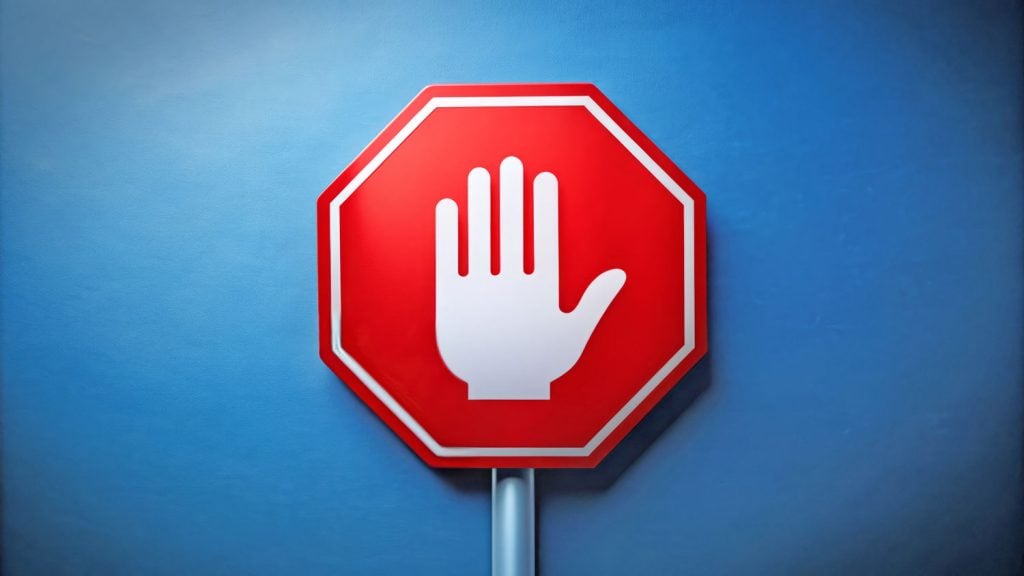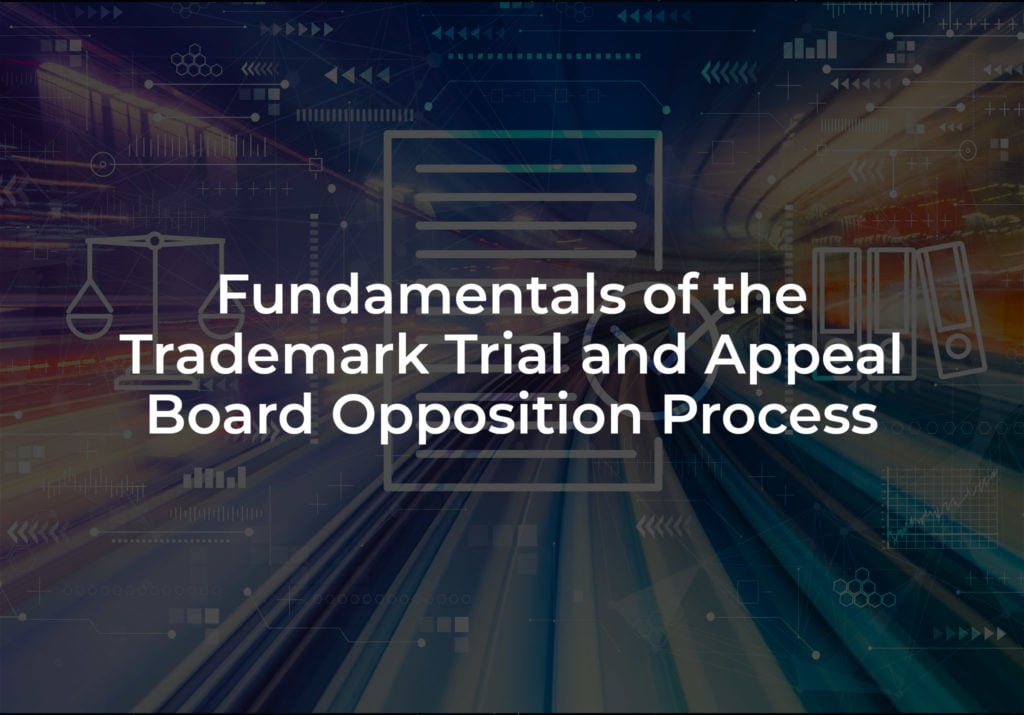It’s an unhappy experience when you and your business stand accused of using a trademark belonging to someone else without permission. Trademark infringement is a serious allegation, and it should not be taken lightly. In some situations, it may be possible to raise an affirmative defense to trademark infringement allegations. An affirmative defense, in the case of trademark infringement, is effectively an admission that the trademark was used without permission, but there is a valid legal defense, or excuse, to the use of the trademark in question.
Affirmative Defenses to Trademark Infringement
When it comes to trademark infringement, there are a number of affirmative defenses that could be asserted if supported by the facts. Below are a few of the most commonly raised affirmative defenses to trademark infringement allegations.
- Nominative use, or nominative fair use, of a trademark. It is generally considered non-infringing, unauthorized use of a trademark when the trademark in question is used only to serve as a reference for the purpose of describing a product when drawing comparisons between the trademarked product and one’s own product. Nominative fair use is commonly seen in comparative advertisements and in advertising and product packaging that indicates that the good or service offered is compatible with, or intended for use with, the trademarked good.
- Descriptive fair use. There may be situations where someone holds a trademark for a descriptive mark that has acquired secondary meaning to consumers beyond the merely descriptive words that form the trademark. In such cases of descriptive marks that have acquired secondary meaning, others may use the descriptive trademark terms to describe their own product, without infringing on the trademark rights of the owner of the descriptive mark that has secondary meaning.
- Use of a trademark for the purpose of parody. Generally speaking, using a trademark for the purpose of parody, e.g., using a sufficiently different – but undeniably similar – trademark that is so similar to the original trademark that consumers can easily link the parody trademark to the original trademark, for a distinct commercial use is considered a non-infringing use of the original trademark. However, it is important to stress that the parodied version of the trademark must be sufficiently different from the original and not closely tied to the commercial use of the original trademark. Not all instances of parodied trademarks are considered non-infringing use. Similarly, it is often permissible to use an original trademark in a work of parody, such as a piece of artwork depicting parody.
If you stand accused of trademark infringement, it is important that you speak with an experienced trademark infringement attorney as soon as possible. You may have affirmative defenses available to you and you should be advised concerning your legal options.
Do You Need Assistance Defending Against Trademark Infringement Allegations?
The Rapacke Law Group has time-tested proficiency in the field of trademark law. We can help you defend against trademark infringement allegations. If you need legal counsel concerning trademark matters, please do not hesitate to reach out to us for assistance. Contact us today for a free initial consultation.




